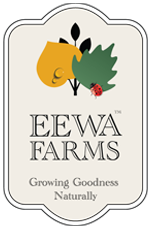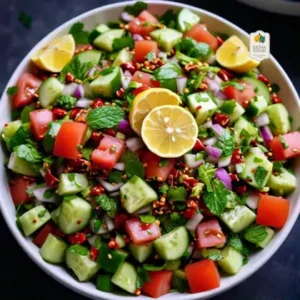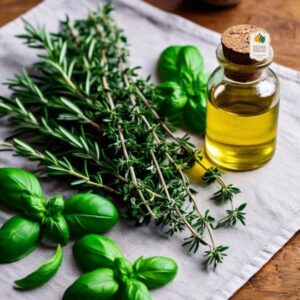
Why Hydroponic Vegetables Are Safer and Healthier Than Regular Produce
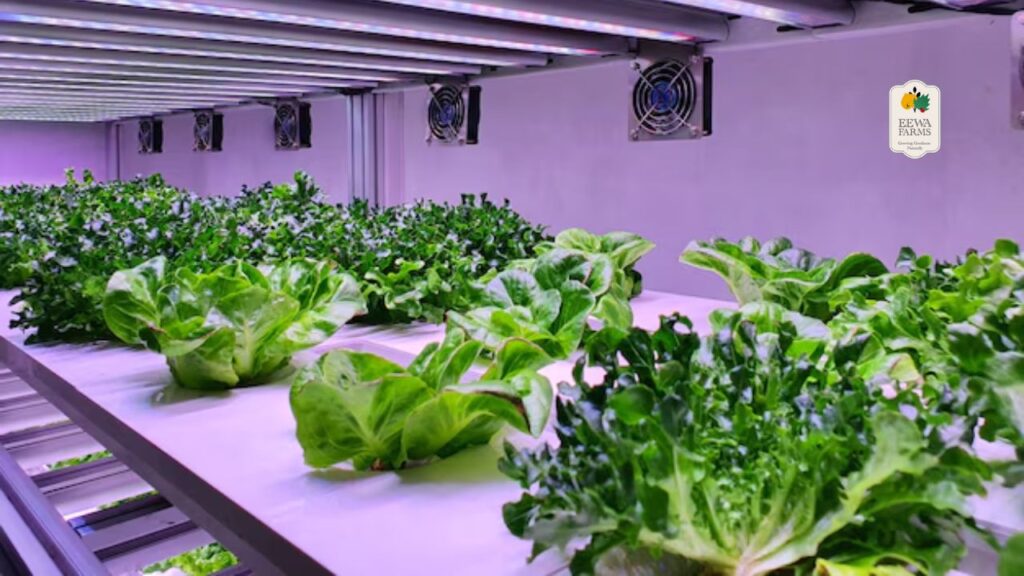
In recent years, hydroponic farming has gained immense popularity as a cleaner, safer, and more nutritious alternative to traditional soil-based farming. With increasing concerns about pesticide residues, soil contamination, and food safety, more people are turning to hydroponically grown vegetables for a healthier lifestyle. But what makes hydroponic vegetables superior to regular produce? Let’s explore why they are a better choice for you and your family.
No Exposure to Harmful Pesticides or Chemicals
Traditional farming often relies on pesticides, herbicides, and chemical fertilizers to protect crops from pests and diseases. Unfortunately, these chemicals leave harmful residues on vegetables, which can pose health risks when consumed regularly.
Hydroponic vegetables, on the other hand, are grown in a controlled, soil-free environment where pests and weeds are naturally minimized. This eliminates the need for toxic pesticides, ensuring that the produce is 100% residue-free and safe to eat right off the plant.
Grown in a Hygienic and Controlled Environment
Soil-grown crops are often exposed to external contaminants like bacteria, fungi, and pollutants from air and water. Heavy metal contamination in soil is another major concern, as it can seep into vegetables and affect human health.
Hydroponic farming eliminates these risks by using a fully controlled indoor system, where the temperature, humidity, and nutrient supply are carefully monitored. The absence of soil means no risk of soil-borne diseases or heavy metal contamination, making hydroponic vegetables a much safer choice.
Higher Nutritional Value and Better Taste
Hydroponic farming ensures that plants receive an optimal balance of nutrients, allowing them to grow faster, stronger, and healthier. Unlike soil-grown vegetables, which rely on varying soil conditions, hydroponic crops get their nutrients directly from a mineral-rich water solution.
This results in vegetables that are richer in vitamins, minerals, and antioxidants. For example, hydroponic lettuce and spinach tend to have higher vitamin C, iron, and calcium levels compared to their soil-grown counterparts. Additionally, because these plants grow in ideal conditions, they develop better texture, color, and taste, making them a flavorful addition to your meals.
-
Sale!
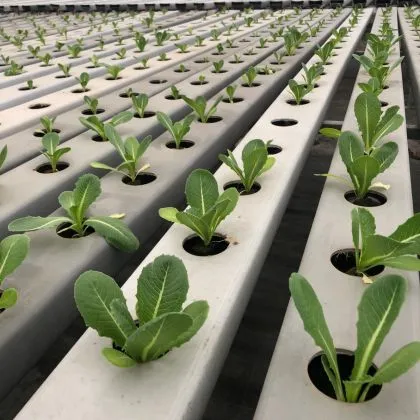 This product has multiple variants. The options may be chosen on the product page
This product has multiple variants. The options may be chosen on the product pageLettuce Romaine Seedling
₹298.00 – ₹2,500.00 -
Sale!
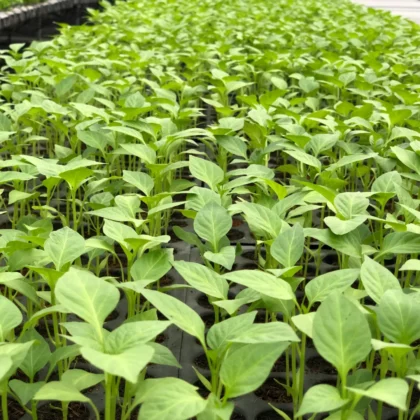 This product has multiple variants. The options may be chosen on the product page
This product has multiple variants. The options may be chosen on the product pageBell Pepper Seedlings
₹100.00 – ₹800.00 -
Sale!
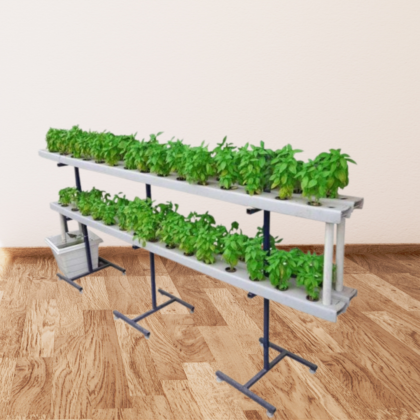
64-Plant Balcony Hydroponic Rack System
₹22,500.00Original price was: ₹22,500.00.₹19,258.00Current price is: ₹19,258.00. -
Sale!
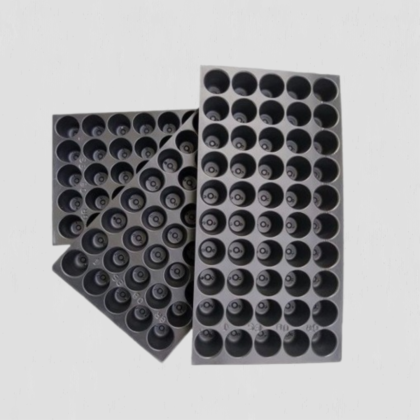
Reusable 98-Cell Grow Tray
₹45.00Original price was: ₹45.00.₹38.00Current price is: ₹38.00.
Free from Soil Contaminants and Pollutants
Regular produce is often exposed to soil-borne pathogens, bacteria, and pollutants due to unsanitary farming conditions, untreated water, or the use of contaminated soil. Even organic farming does not completely eliminate the risk of natural contaminants.
Hydroponic vegetables, however, are grown in clean, controlled water systems that completely remove the need for soil. This means no risk of contamination from animal waste, chemical runoff, or industrial pollution, ensuring that you get pure, fresh, and safe produce every time.
Longer Shelf Life and Fresher Produce
Because hydroponic vegetables are grown in a pesticide-free, controlled setting, they remain fresher for longer periods. Unlike soil-grown vegetables that degrade quickly due to exposure to bacteria and air pollutants, hydroponic produce stays crisp, vibrant, and nutritious for extended periods.
This not only reduces food waste but also allows you to enjoy farm-fresh vegetables for a longer time, especially when stored correctly.
Make the Switch to Hydroponic Vegetables Today!
Choosing hydroponic vegetables over regular produce means choosing a safer, healthier, and more sustainable lifestyle. At Eewa Farms, we grow our vegetables in a fully controlled, pesticide-free environment, ensuring that you get the freshest and most nutritious produce every time.
Want to experience the difference? Explore our product range or learn more about hydroponic farming in our blog section today!

